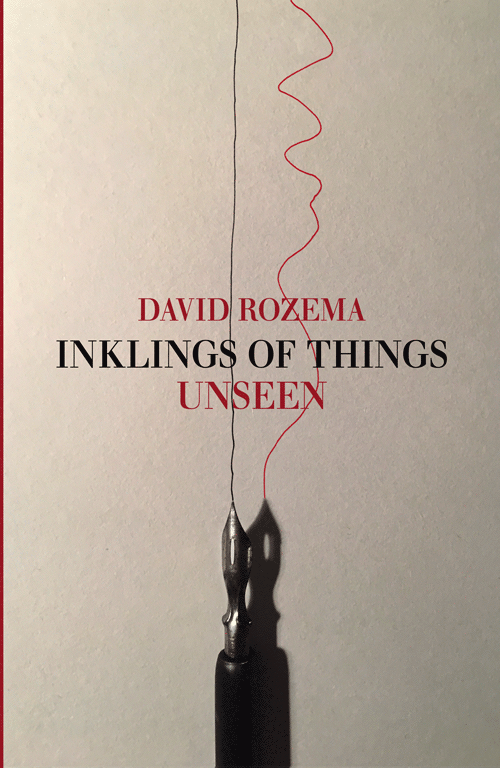
Inklings of Things Unseen
David Rozema
Inklings of Things Unseen
Philosophical Essays on Literature
Inklings of Things Unseen is a collection of essays that seek to engage—or re-engage—readers with literature. Intended as an antidote to much of the modern and post-modern critical approach to reading literary works, the author seeks to draw readers back to the spirit of these works, urging them to read with a receptive attitude, a careful ear, and an eye for the truths and beauties that remain unseen when obscured by the imposition of various literary theories. Beginning with the question, ‘What is it to read literature, as literature?’ the author draws on writers such as Albert Camus, Alexander Solzhenitsyn, and C. S. Lewis to show that that “the lifeblood of literature is the set of common joys and griefs, the common blessings and sufferings of mankind.” Without a communication of these passions as passions, leading to a transformation or shaping of the soul—across the boundaries of tribe, race, gender and era—there is no literature. Works of literature, written so as to show the truth about—and give voice to—the various kinds of souls who exist in the world, is only written or read as literature when those truths and voices affect us so as to shape and form our own souls for the better. But if we adopt a view of human nature that reduces the joys, griefs, blessings, and sufferings of people to mere effects of social or political causes, peculiar to a tribe, a race, a gender, or an era, we drain the blood from the body of literature and are left to study the corpse. Literature, like its authors and its readers, must have a soul. The author then demonstrates what can be gained from this approach to reading by diving into particular works of literature from a variety of writers: Plato, Lewis, Dostoevsky, Tolkien, Conan Doyle, Conrad, Solzhenitsyn, and Wittgenstein.
Available from Amazon US, UK, JP, &c. Also available in e-book format for Apple and Kindle.
